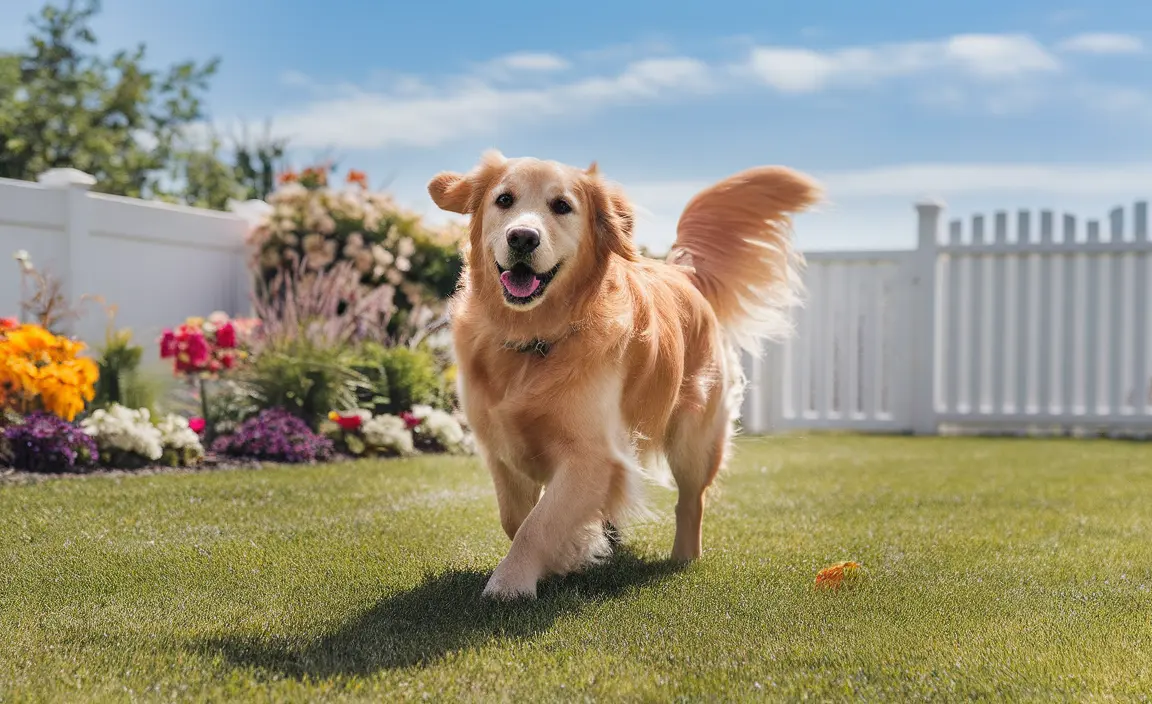Losing a beloved dog is one of the most profound and painful experiences a pet owner can endure. When a faithful companion who has been by your side for years suddenly disappears from your life, the grief can feel overwhelming and all-consuming. This guide is dedicated to helping you navigate the complex emotional journey of losing your dog and finding healing in the midst of your sorrow.
The bond between a human and their dog transcends mere pet ownership – it's a deep, unconditional connection that becomes an integral part of our daily lives and emotional landscape. Recognizing and honoring this loss is an essential step in the healing process.
Understanding Grief After a Dog Passed Away
When your dog passes away, the emotional impact can be devastating. The grief you're experiencing is real, valid, and a testament to the incredible love you shared. Dogs aren't just pets; they're family members who provide unwavering companionship, comfort, and joy throughout their lives.
Emotional Stages of Pet Loss
The grief of losing a dog often follows similar patterns to losing a human loved one. You might experience:
- Shock and disbelief
- Profound sadness
- Feelings of guilt
- Anger
- Eventually, acceptance and healing
Why the Loss of a Dog Hurts So Deeply
Dogs become more than just animals – they're confidants, supporters, and constant sources of unconditional love. When a dog dies, you're not just losing a pet, but a significant relationship that has likely spanned years or even decades.
The Unique Bond Between Humans and Dogs
Many people find the loss of a dog particularly painful because dogs offer a pure, judgment-free form of love. They don't care about your mistakes, your appearance, or your social status. They love you completely and unconditionally.
Navigating Your Grief After Your Dog Passed Away
Healing from pet loss is a personal journey, and there's no "right" way to grieve. Some strategies can help you process your emotions and honor your dog's memory:
Practical Healing Strategies
- Allow yourself to cry and feel your emotions
- Create a memorial or remembrance project
- Share stories about your dog with supportive friends and family
- Consider joining a pet loss support group
- Be patient and kind to yourself during this difficult time
Honoring Your Dog's Memory
While the pain of loss is intense, remembering the joy and love you shared can be healing. Consider creating a photo album, writing a tribute, or making a small memorial that celebrates your dog's life.
Frequently Asked Questions
How can I cope with the intense emotional pain after my dog passed away?
Allow yourself to grieve fully, seek support from understanding friends or pet loss support groups, and remember that your feelings are valid. Professional counseling can also help you navigate complex emotions.
Why do I feel so guilty about certain moments with my dog before they passed away?
Guilt is a common part of grief. Remember that you loved your dog and did your best. No relationship is perfect, and your dog knew how much you cared.
How do I keep my dog's memory alive and honor their life after they're gone?
Create a memorial, share stories, make a photo album, or donate to an animal charity in your dog's name. These actions can help transform grief into a meaningful tribute.
Is it normal to feel physically exhausted after losing my dog?
Yes, grief is emotionally and physically draining. Ensure you're getting proper rest, eating well, and being gentle with yourself during this challenging time.
When is the right time to consider getting another dog after losing my beloved pet?
There's no universal timeline. Some people need months or years, while others find comfort sooner. Trust your healing process and don't rush yourself.
Remember, the depth of your grief reflects the depth of your love. Your dog was lucky to have you, and the memories you shared will always be a precious part of your life.






